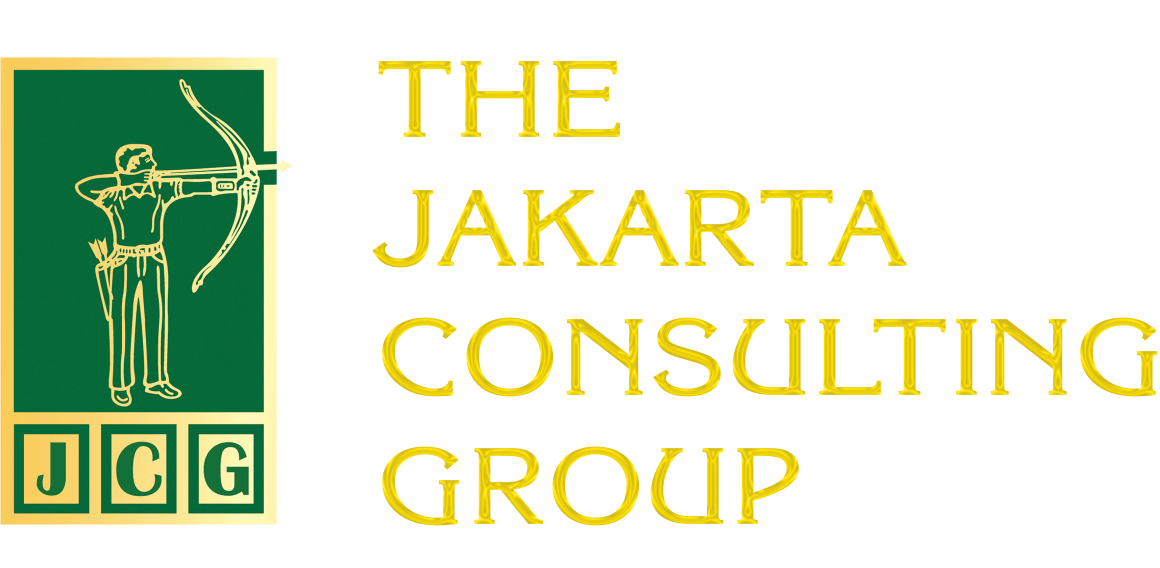Talent Drain: When Stars Leave. Annie was staring at her smartphone screen when an e-mail notification came in. It was an e-mail from Jane, a senior manager who had been with the company for 12 years and was the backbone of the team Annie led. The subject of the e-mail surprised her “Resignation Letter.” Yes, Jane had decided to leave the company. It never occurred to Annie that Jane would take such a drastic step. In fact, Jane was known for her dedication and commitment.
Jane is not the first person to leave in the last eight months. In that relatively short time, three people have resigned. The reasons vary, ranging from “looking for a more affordable work location,” “wanting to spend more time with family,” “wanting to build their own business,” “looking for new career opportunities and challenges,” “wanting a bigger salary,” and so on. Alarmingly, those who resigned were above-average talented people.
Talent Drain: When Stars Leave
The phenomenon experienced by the company Annie works for is called talent drain. This term is also often called brain drain. This phenomenon occurs when skilled, talented, or highly educated individuals leave an organization, region, or country to seek better opportunities elsewhere. This phenomenon can have significant implications for companies, industries and economies, as it often results in the loss of important expertise, innovation and leadership.
Why does talent drain happen? Let’s go back to the story of Annie and Jane above.
After a simple goodbye session at the office, Jane was chatting with her friend Reni. Coincidentally, Reni works in the same industry as Jane. “I’m tired,” Jane said. “It feels like no one appreciates my hard work, I’ve worked overtime so many times on big projects. I don’t know how many late nights I’ve had to sacrifice. But the appreciation? Not even a thank you.”
Lack of appreciation is often the reason why people look for better opportunities in other companies. Rewards are not just financial in nature. Praise, more time off, and promotions are also forms of appreciation. If someone feels unappreciated, he or she will ask: What’s the point of working so hard?
A work environment that is not conducive, even toxic, will certainly make people unhappy. Sooner or later, they will leave. At Annie’s workplace, there was a rumour that a senior director often yelled at employees during meetings, even though the employee’s mistake was not fatal. Not only that, the senior director often belittles the opinions of others who are considered not in the same “group”. If something went wrong, he would always find a scapegoat. Jane was not directly involved in this situation. However, such practices were contrary to her values. Her empathy is high. She often imagines what it would be like if she were in such a position.
Remember that one of the reasons why people leave a company is because the values and culture of the company are incompatible with their own.
Jane’s disappointment peaked when she requested to participate in a leadership development program. However, this request was rejected on the grounds of insufficient budget. Her heartache increased when the position she wanted was given to a less competent person. The reason? That person was good at winning over company executives.
Always ambitious to develop themselves is one of the characteristics of a superior talent, like Jane above. They easily look for self-development opportunities elsewhere if their current organization is not supportive.
Jane feels that so much of her time is taken up by her work. She often had to cancel family outings on weekends due to calls from the office. She often comes home at night to find her children already asleep. Not only that, her health sometimes suffered even though it wasn’t severe. Eventually, she realized that her life was out of balance. The time for personal life was getting smaller.
Organizations that don’t support work-life balance are frowned upon by talented employees. Today, many people are increasingly aware of the importance of health, both physical and mental.
No More Passion
Jane’s departure had a negative impact on the company. The ongoing project had to be handed over to someone else. In terms of skills and experience, the person was still inferior to Jane. The team members were no longer excited because they lost a leader who was able to motivate and inspire them. No wonder the thought of leaving the company started to cross their minds.
That’s the impact of losing top talent. Morale drops, productivity and quality of work plummet. The company’s reputation as a provider of quality services and products is also affected. Not to mention the stories about the company’s working atmosphere.
The good news is that Annie didn’t stay silent. She began to realize that this decline had to stop, before it was too late. What did Annie do? She worked on structuring the reward system to be more fair and transparent. Each team member’s achievements, no matter how small, were recognized, both privately and in front of others. In this way, a culture of appreciating achievers slowly began to grow.
Annie also realized the importance of open communication. She holds an open discussion session every month. In these sessions, any team member can express ideas, complaints, or suggestions without fear of being judged and punished.
With open communication, employees will feel that their opinions are valued. Dissatisfaction is immediately addressed before it escalates.
To invest in employee development, Annie proposes increasing the budget for training, providing opportunities for rotation between divisions, and supporting individual learning initiatives. Through these development efforts, high-talent employees are expected to remain at home in the company.
Annie also made policies to improve work-life balance. This helps maintain employees’ mental and physical health, making them more productive and happy at work.
Talent drain can happen to any organization, regardless of its shape, size and legal entity. An organization’s most valuable asset is its highly talented employees. It is not easy to retain them. It takes a lot of effort.
Talent Drain: When Stars Leave
Category: Human Capital & Talent Management
#talentdrain #rewards #work environment #self-development #work-life balance #transparency #communication










